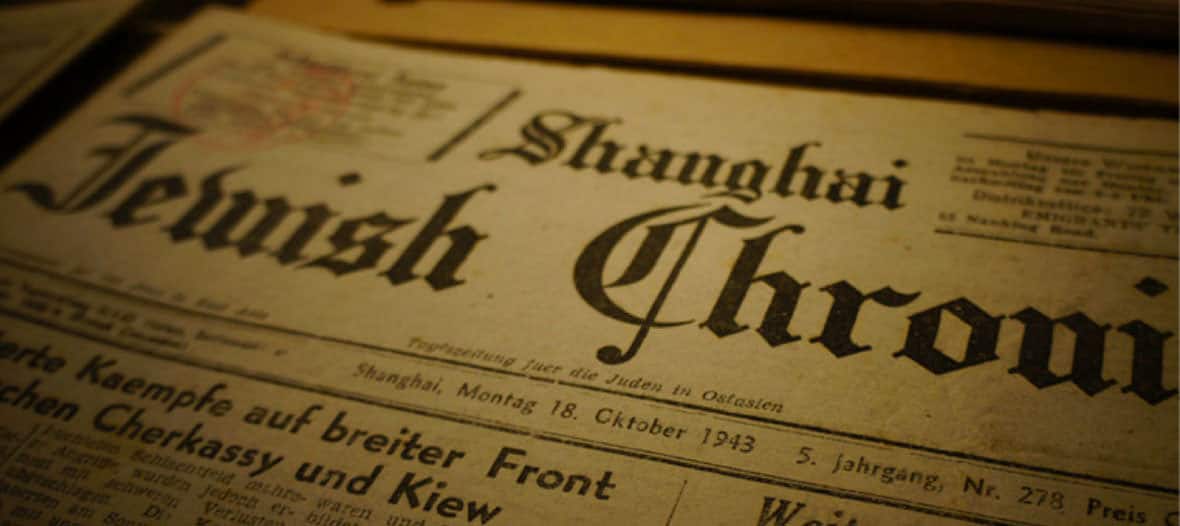Pepper, Silk, and Ivory: Amazing Stories about Jews and the Far East by Rabbi Marvin Tokayer
In his latest book, Pepper, Silk and Ivory: Amazing Stories about Jews and the Far East (Gefen Publishing House, 2014), Rabbi Marvin Tokayer regales the reader with stories of Jews who traversed the Far East—from Burma, China and Japan to all points in between—and who made significant contributions in ancient lands. The book, co-authored with Ellen Rodman, Ph.D., is replete with stories of Jews who left their mark on societies normally considered outside the Jewish cultural orbit. Colorful characters, such as Morris “Two Gun” Cohen (the first and only Jewish general in the Chinese army) and Moe Berg (the major leaguer who was a U.S. spy in Japan), illustrate the Jews’ ability to adapt and contribute while maintaining allegiance to their cultural and religious values.
In discussing his own background, Rabbi Tokayer shows the spark of a natural story teller, and weaves a narrative that is as informative as any included in the book.
As a college student, Rabbi Tokayer was drawn to the sciences. But after graduating he wanted to see “whether Judaism had a message or concept to convey,” and thus was drawn to rabbinical school. Initially having no interest in a synagogue career, Tokayer enlisted in the U.S. Air Force and served as a chaplain in Southern Japan. It was there that he “rode a circuit” that extended beyond Japan to include the Philippines, Korea and Vietnam. There were Jews stationed everywhere. After completing his two-year hitch, he returned stateside and served as an assistant rabbi for four years in Great Neck, New York. And it was here that he started down the road to “Pepper, Silk & Ivory.”
In a fluke encounter, Rabbi Tokayer met for two hours with the Lubavitcher Rebbe, Rabbi Menachem Mendel Schneerson. Shortly before his wedding, he was again invited to meet the Rebbe, who told Tokayer and his future wife to go to Japan. There were Jews there but no rabbi, and Tokayer was a rabbi here with no congregation, so the Rebbe thought that fulfilling the needs of both would serve the wider Jewish community.
Rabbi Tokayer and his wife said “no” when they left the Rebbe, but the “no” soon turned into a “yes.” When they arrived in Japan, they found a congregation that extended beyond its insular four walls to include Jews in India, Singapore, Burma and China.
On his first day in Japan, Rabbi Tokayer attended a “welcome the rabbi” cocktail party. Like many American synagogues, his new congregants were primarily immigrants who’d ended up in Japan the way Jews ended up anywhere else. The first gentleman he met said he as from Mongolia.
“Mongolia!” said Tokayer. “What did you do in Mongolia?”
“I owned a department store,” he said. “But don’t worry, Rabbi, we were closed on Shabbos.”
The second guy Tokayer met said he was from Japan.
“Japan,” said Tokayer, a little incredulously. “Where were you during World War II?”
“Japan,” said the congregant.
“But Japan was part of the Axis,” Tokayer said.
“Listen,” the congregant said, “If more of us were here during the war, fewer would have died in the Holocaust.”
Rabbi Tokayer soon realized that he had “a congregation full of stories.” For the next few years, he asked questions and listened to answers until one day, a congregant brought him 8,000 pages wrapped in a large kerchief. It was a stack of foreign ministry documents dealing with the Jews during World War II stamped “Top Secret” in red letters. These documents had been sold after the war and this congregant bought them in a used book store.
“You’ve been asking too many questions for too long,” he told Tokayer. “Why don’t you read about it?” His reading about it led to one of his prior books, The Fugu Plan: The Untold Story of the Japanese and the Jews During World War Two.
Rabbi Tokayer and his family eventually returned to the States, but in a way he’s still connected to Asia. And apparently, many Asians feel likewise regarding the Jews, as stated by an anonymous Chinese official who said his country needs a Jewish cultural center “so that we do not forget, and you do not forget.”
Indeed.
Matthew M. Hausman is an attorney and journalist. He lives in Connecticut.
Buy this Book!
Amazon





